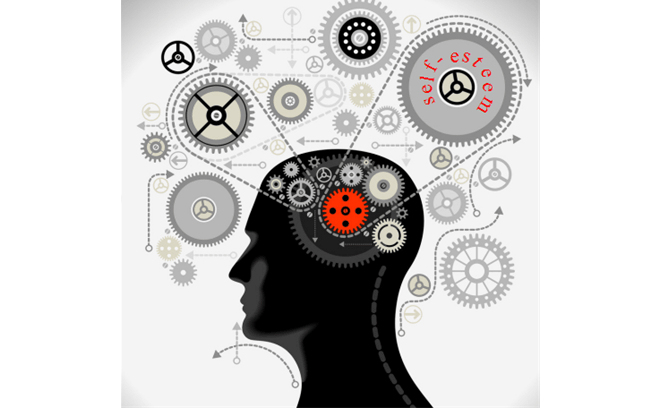Self-esteem and the Brain
Self-esteem is a broadly defined personality variable referring to the degree to which and individual values and accepts him- or herself. It is one’s value judgment of one’s personal worthiness. This judgment expresses the degree of approval or disapproval of oneself. It indicates the extent to which an individual believe him or herself capable, significant, and successful.
Though the clinical relevance and popular appeal of self-esteem are well established, systematic studies of the neural systems that give rise to self-esteem are conspicuously sparse in the neuroimaging literature. Previous work has shown that self-esteem modulates neural responses to social feedback in the dorsal anterior cingulate cortex (dACC), dorsal medial prefrontal cortex (dMPFC), posterior superior temporal sulcus (pSTS) and anterior insula as well we the ventral anterior cingulate cortex (vACC) (Chavez & Heatherton, 2015).

Slides Download




